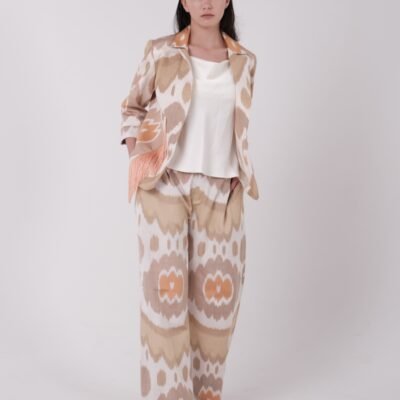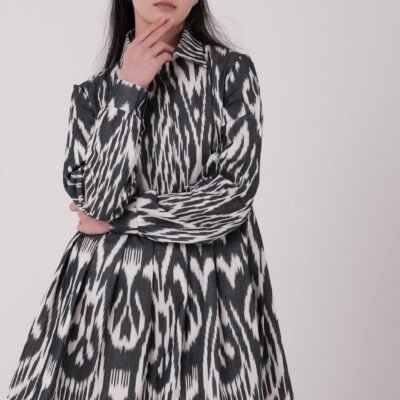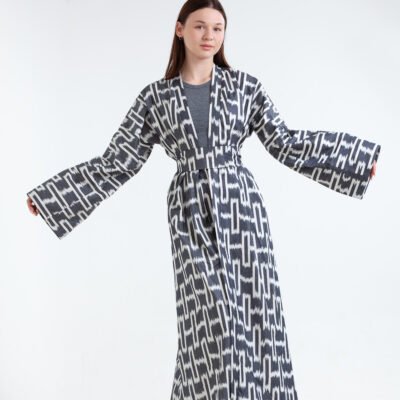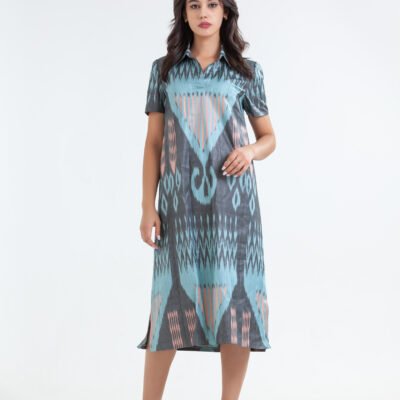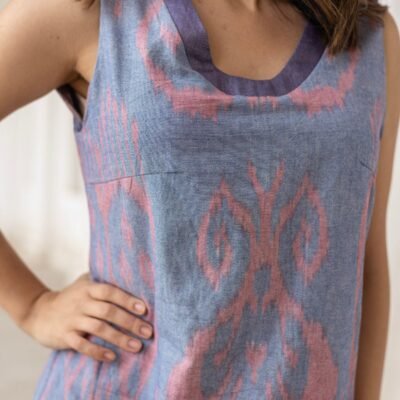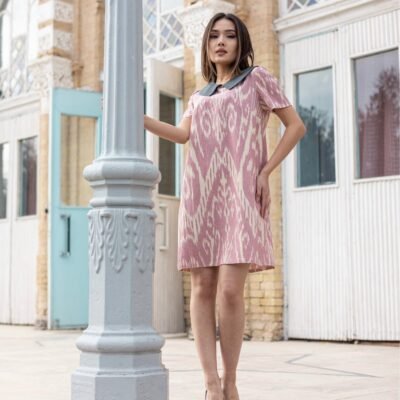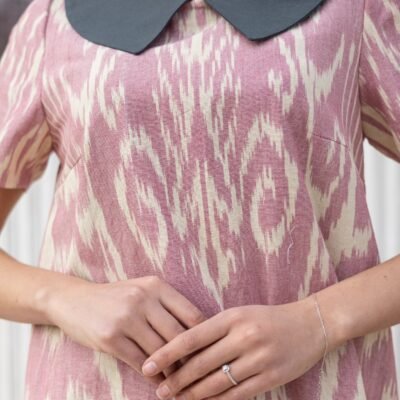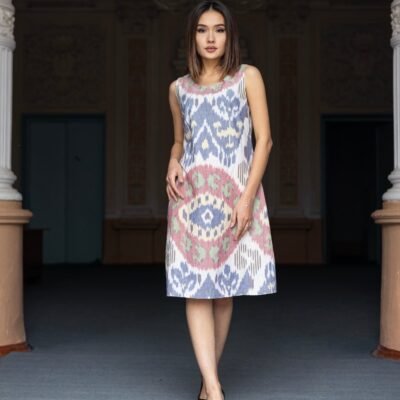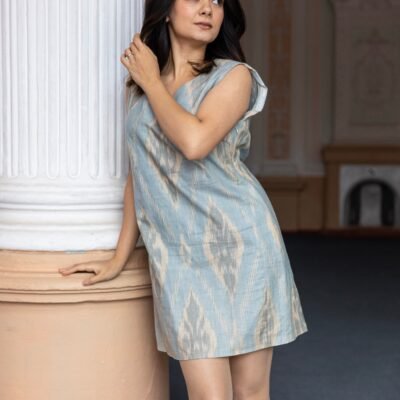Sustainable Fashion Choices
Sustainable fashion is becoming increasingly popular as consumers become more environmentally conscious. Brands are responding to this trend by offering unique and stylish clothing options that are eco-friendly and ethically made. Eco-conscious reviewers are also playing a role in promoting sustainable fashion by sharing their experiences with sustainable clothing brands. Environmentally friendly fabrics and sustainably dyed clothing are also becoming more prevalent in the fashion industry. Handwoven textiles add a touch of uniqueness and charm to sustainable clothing, showcasing the artisanal craftsmanship of skilled workers.
Ethical Brands and Fair Trade
Supporting ethical brands and fair trade practices is crucial in promoting sustainability in the fashion industry. Fair trade practices ensure that workers are paid fairly and work in safe conditions. Artisanal craftsmanship is also valued in fair trade practices, promoting the preservation of cultural heritage. By supporting fair trade practices, consumers can help minimize the industry's carbon footprint and promote ethical manufacturing. Some of the most popular ethical brands for sustainable clothing include Alesouk, Patagonia, Pact, Reformation, and Eileen Fisher. These brands prioritize eco-friendly practices, ethical production standards, timeless design, and high-quality essentials that never go out of style.
Natural Fabrics and Chemical-Free Dyes
Natural fabrics and chemical-free dyes are becoming increasingly popular in the fashion industry due to their numerous benefits. Natural fabrics, such as organic cotton, are biodegradable, moisture-wicking, breathable, durable, and heat-resistant. They are also gentle on the skin, making them perfect for those with sensitive skin. Natural fibers are usually more durable and therefore last longer for their wearer than synthetic fabrics. Chemical-free dyes are non-toxic, non-allergenic, and biodegradable. They are safer for the environment and for use around humans, as they don't have any harmful chemicals that can cause irritation or allergic reactions.
The biodegradability and environmental sustainability of natural fabrics are also important factors to consider. Natural fabrics are environmentally sustainable and renewable, as they come from trees, plants, or animals that can continue to be replaced, raised, or regrown. Unlike many synthetic materials, natural options are biodegradable and decompose harmlessly, which means they can be easily recycled and reused without harming the environment. The use of natural fibers strengthens the circular system, as garments made of natural fibers are easily decomposed by bacteria and will return to nature without leaving harmful particles.
In addition to their environmental benefits, natural fabrics and chemical-free dyes also have many advantages for the wearer. Natural fabrics are breathable, moisture-wicking, and heat-resistant, making them perfect for all seasons. They are also soft, comfortable, and durable, which means they can last for a long time. Chemical-free dyes provide a wealth of color variation compared to synthetic dyes that are more uniform and flat. This subtle complexity is soothing to look at and has a calming effect on the viewer.
Slow Fashion Movement
The slow fashion movement is a concept that advocates for clothing and apparel manufacturing in respect to people, environment, and animals. It is a way to identify sustainable fashion solutions based on the repositioning of strategies of design, production, consumption, use, and reuse, which are emerging alongside the global fashion system and are posing a potential challenge to it. Slow fashion is about making conscious and sustainable choices when it comes to fashion and challenging the fast fashion system that is often associated with negative impacts on people and the planet.
The critical elements employed by slow fashion brands and designers include using eco-friendly materials, repurposing old or discarded textiles, using raw materials from small producers, and making clothes and accessories at home in small batches to prevent waste while making the final product last longer. Slow fashion is not just a trend but a lifestyle choice that involves a mindset change and the way we look at clothes, possessions, happiness, and ultimately, the world.
Slow fashion is also a movement that advocates for environmental and social justice in the fashion industry. Its defining point is that it zeroes in on quality-based rather than time-based production and consumption. It advocates for buying better-quality garments that will last longer and values fair treatment of people, animals, and the planet along the way. By choosing slow fashion, consumers can help minimize the industry's carbon footprint and promote ethical manufacturing.
Environmentally Friendly Choices
Making environmentally friendly clothing choices is a crucial step towards a more sustainable future. By opting for organic cotton dresses, you can contribute to reducing the fashion industry's significant environmental impact. Here are some tips for eco-conscious shopping:
- Choose Quality Over Quantity: Investing in well-made, durable garments ensures that they last longer, reducing the need for frequent replacements.
- Opt for Natural Fabrics: Organic cotton is a great choice as it is grown without the use of harmful pesticides and chemicals, making it safer for both the environment and your skin.
- Look for Chemical-Free Dyes: Chemical dyes used in conventional clothing production can be harmful to the environment and human health. Opt for dresses dyed with natural, plant-based dyes or low-impact dyes.
- Support Ethical Brands: Choose brands that prioritize sustainability and fair trade practices. These brands often have a smaller carbon footprint and ensure better working conditions for their employees.
- Reduce, Reuse, Recycle: Consider buying second-hand or participating in clothing swaps to extend the lifespan of garments and reduce textile waste.
As the interest in sustainable fashion continues to grow, organic cotton dresses have emerged as a favoured choice for individuals seeking eco-friendly and ethically produced garments. With their numerous benefits, including environmental sustainability, health advantages, and support for ethical farming practices, organic cotton dresses offer a compelling combination of style and conscious consumerism. Furthermore, the allure of cotton ikat dresses brings forth a unique variation that celebrates tradition and craftsmanship. By opting for organic cotton dresses, you not only contribute to a more sustainable and responsible fashion industry but also enjoy the comfort, versatility, and longevity of these remarkable garments. Let's embrace the beauty and value of organic cotton dresses and make a positive impact on both our wardrobe and the world we inhabit. Choose sustainable fashion that is both stylish and ethical, and let your clothing reflect your commitment to a better future.

